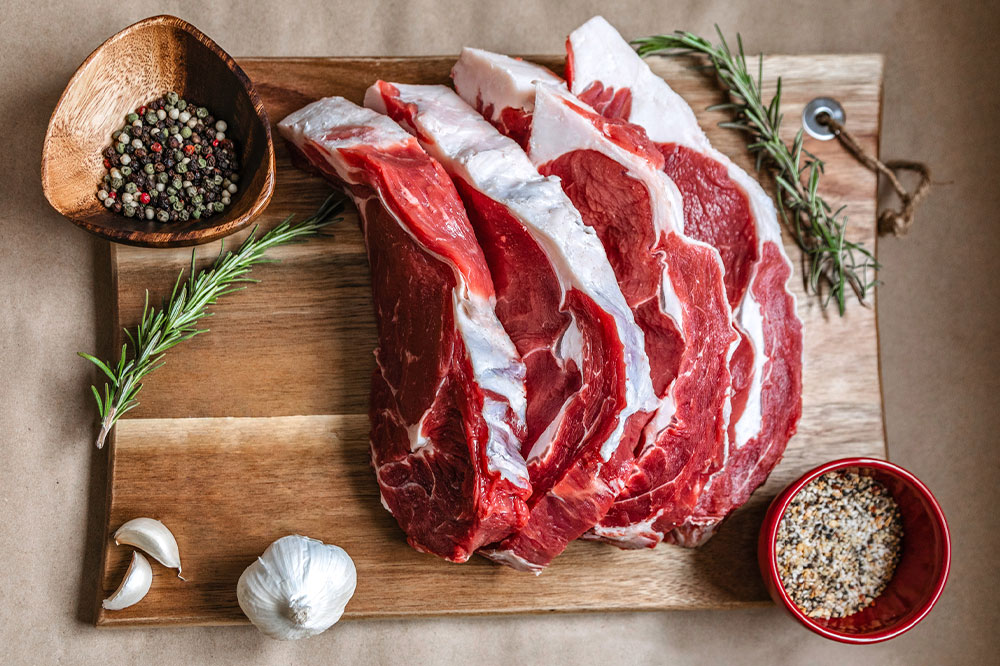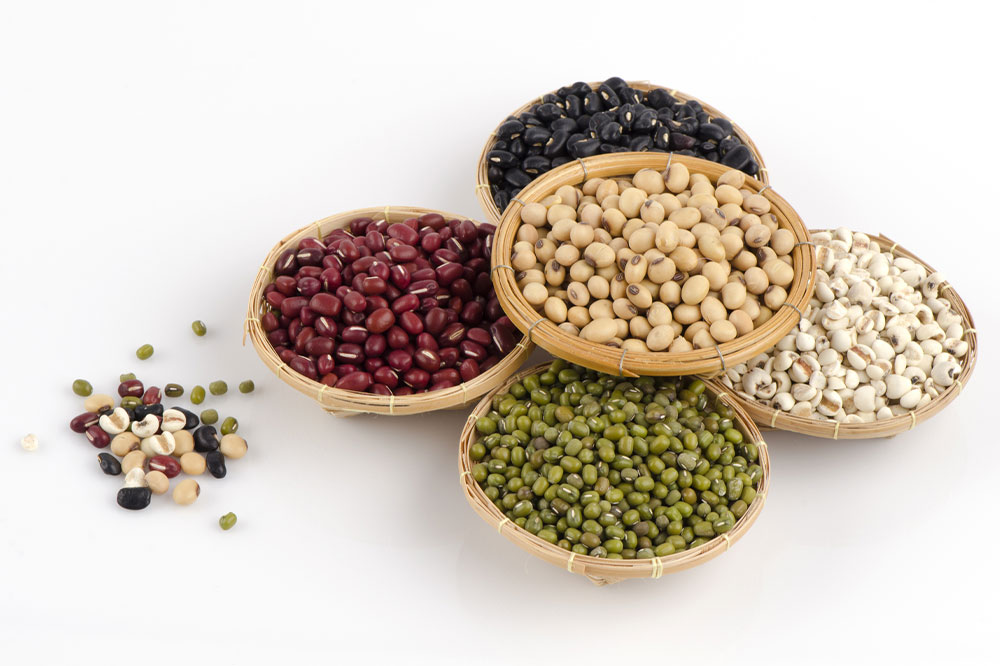Managing leukemia – Foods to have and avoid

When cancer develops in the blood cells, it is called leukemia. Its treatment has a significant impact on the body and can interfere with the production of red and white blood cells and platelets. So, while undergoing leukemia treatment, nutrition can be essential for maintaining one’s health to improve well-being, maintain energy levels, and hasten recovery. So, here are some foods to avoid and to include in one’s daily routine when affected by blood cancer:
Foods to avoid
Certain foods can aggravate the symptoms of leukemia or increase the risk of infections when undergoing treatment. So here are some foods to avoid:
- People with the disease should avoid eating uncooked cookies and homemade mayonnaise if they contain raw eggs, as these could increase the risk of exposure to harmful bacteria.
- One should avoid raw or undercooked meat and fish.
- Salad bars and buffet foods should also be avoided. One should stay away from communal eating places to lower the risk of contracting an infection from others.
- Avoid raw milk and fruit juice and opt for pasteurized dairy products such as milk, yogurt, cheese, and other dairy-based foods.
- Avoid eating or cooking with raw sprouts. Unwashed fruits and veggies are also not recommended. One should clean fresh produce before peeling them.
- Avoid water from taps or public water dispensers. Before drinking, one should test, filter, or boil the water to ensure it is clean.
Additionally, one should ensure that all fresh produce is stored in a refrigerated environment.
Better food choices
When affected by leukemia, one’s meal plans should include plenty of fruits and vegetables. Here are some tips for making better food choices:
- Fruits can be added to whole grain cereal or an afternoon smoothie, or one can opt for a bowl of berries to keep up intake of fresh produce and get vitamins and fibers.
- One should have plenty of water throughout the day. Certain illnesses can dehydrate the body, and ensuring adequate fluid intake allows the body to function correctly, maintain a healthy body temperature, and keep the joints lubricated. Additionally, staying hydrated can strengthen the body’s resistance to illnesses. It also improves sleep quality, which promotes the development of vital red blood cells.
- Proteins, which can be found in various foods, help one maintain strength. The amino acids in protein are the chemical building blocks for muscles, bones, and hormone and enzyme production. Proteins can be found in chicken or lean meats, along with nuts, seeds, and eggs.
- Whole grains are highly nutrient-dense and can be combined with other foods to enhance flavor and nutrient absorption. Excellent sources of whole grains are oatmeal, whole wheat bread, brown rice, and whole-grain pasta.
- Probiotics improve the body’s capacity to digest food and boost energy and metabolism. Probiotic-rich foods like yogurt and kefir are easy to have if one is experiencing a loss of appetite.
Additional nutritional tips
- One should opt for six to ten servings of fruits and vegetables daily. Fresh produce can offer vitamins, minerals, and antioxidants that can help stop the growth of cancer cells. Smoothies, fresh juice, whole grain pancakes with toppings of peaches and blackberries, or berries in cereals and yogurts are great ways to add fresh fruits to one’s meals. This can help one feel full and stay active throughout the day.
- Vegetables should be steamed to get the most amount of nutrients. One can also choose to stir-fry peppers, mushrooms, broccoli, and carrots. Steamed vegetables like sweet peas, cauliflower, and zucchini can also be included in salads. A vegetable soup containing spinach, kale, mustard greens, collard greens, or chard promotes general health and benefits the body.
- People with leukemia often experience nausea and appetite loss, and maintaining strength during treatment is crucial. So, one should have small meals every two to four hours to maintain the nutrient intake.




